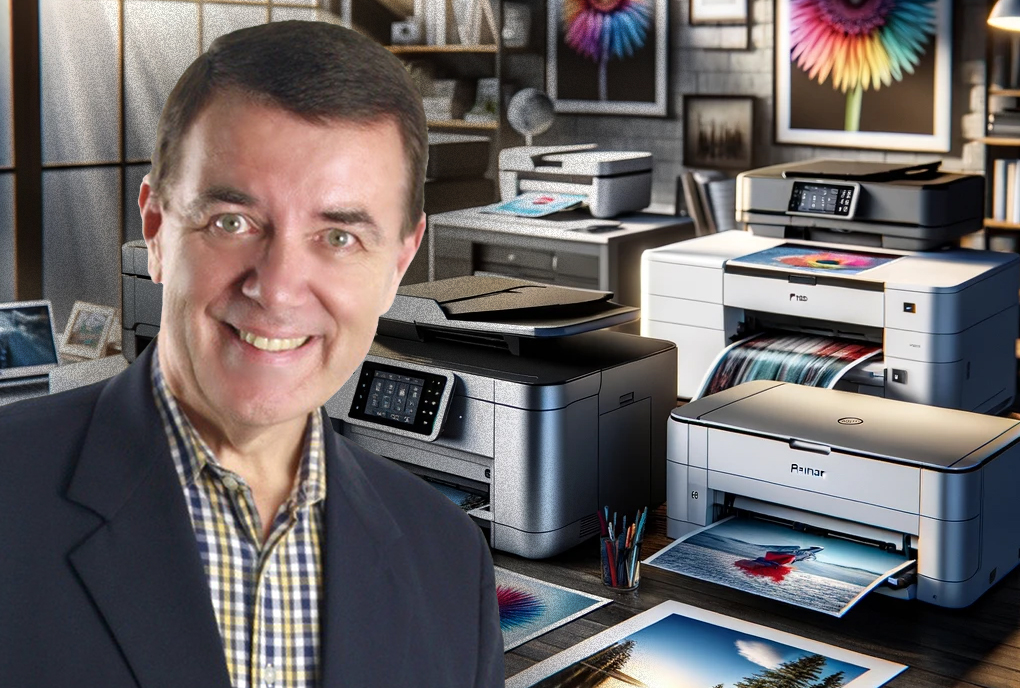You Have a Choice
You Have a Choice
 I remember quite clearly the day our local butcher shop closed when I was a child. It must have been significant because I still remember it half a century later.
I remember quite clearly the day our local butcher shop closed when I was a child. It must have been significant because I still remember it half a century later.
I also remember Mum and Dad saying to each other at the time, “We should have bought more from him instead of going to the supermarket to buy our meat. Now that he has gone, we don’t have choice anymore.”
I am sure it must have been more convenient going to the supermarket. It may have been cheaper too, but why did we regret the closure of the independent butcher? Maybe his products were fresher and tastier? Maybe he provided added value services? In any case. He was gone. We lost choice in the process.
How important is choice? We only realise how fundamental it is when it is taken away. Only after the butcher closed did we realise what we had lost. The supermarket won that day and had created a monopoly.
“Fair competition” refers to an open and free market in which there is an equitable competition between the rival companies based on a few parameters including quality, price and customer service. It generates new employment opportunities, raises the quality of products, maintains reasonable pricing, and provides the best customer service possible.
While monopolies do exist, governments try to keep an eye on them to make sure those who are market leaders do not take advantage of this and charge the customers high rates for their goods and services. Anti-competitive, or anti-trust laws are put into place in most countries to protect consumers from predatory behavior of monopolistic companies. Here in China, for example, companies can be fined between 1% and 10% of their annual revenue for antitrust violations. Meituan, the country’s largest on-demand delivery service provider, is facing a hefty fine following an antitrust probe from Beijing regulators, a fate like what befell Alibaba Group Holdings.
Those manufacturers who patent their inventions, however, are allowed to have a legal “monopoly” share of the market albeit for a short period of time. During the time the patent is in force no other company can use its invention for its own purposes. After the patent rights dissolve, others are permitted to enjoy market share as well. It’s all for the benefit of the consumer.
The printer and imaging supplies industry is a good example of where choice is being gradually eroded. Globally, there used to be tens of thousands of printer cartridge remanufacturers. It is also true for the component and finished goods manufacturers. As the industry matured, some have grown bigger, while others have merged with each other or formed alliances. Some of the independents were forced to close. The bigger ones, however, have grown bigger and are at risk of monopolising the market.
Our industry has seen vicious price wars. The 2612A cartridge, for example. sells for less than US$3 dollars each. Is this kind of war good for the industry? Is it just a tactic by some to shut down their competitors?
Let’s discuss the availability and pricing of chips. Raw material costs have increased, and demand has outstripped supply. Since 2020, the global chip shortage has been creating headaches for companies in many industries. Not just our own.
Many chip manufacturers in our industry are struggling to meet the demands from within their own groups and alliances. Which means their customers—the small and medium cartridge manufacturers and remanufacturers—are left empty-handed or have to pay huge prices.
So, independent chip manufacturers—like Zhono—are crucial for all of us. They don’t belong to any group or alliance. They do not take sides. They are necessary to maintain relative fairness within our industry.
Support the independents if you value choice!
** This blog, “You Have a Choice,” appeared on page 15 of the RT ImagingWorld magazine. Click to download the full issue for free.
 David Gibbons has 45 years of experience, knowledge and skills in business (management, consultancy, strategic planning) and communication (teaching, event management, fundraising, journalism, broadcasting and new/digital media—social, website, app development). He started and ran a successful cartridge remanufacturing business in Sydney and was also the Executive Officer of the Australasian Cartridge Remanufacturers’ Association for 7 years.
David Gibbons has 45 years of experience, knowledge and skills in business (management, consultancy, strategic planning) and communication (teaching, event management, fundraising, journalism, broadcasting and new/digital media—social, website, app development). He started and ran a successful cartridge remanufacturing business in Sydney and was also the Executive Officer of the Australasian Cartridge Remanufacturers’ Association for 7 years.
In 2011, Gibbons relocated to RT Media in Zhuhai, China where he has been a director responsible for strategic planning, senior management, event planning, marketing, broadcasting and magazine publishing on behalf of the global imaging supplies industry. He is certainly aware of the challenges of remanufacturing in China.
His other blogs include:
- Color My World – a saintly experience
- The Challenges of Remanufacturing in China
- Can the Chinese Really Deliver What the Rest of Us Want?
- Using Chip Technology to Control Consumer Choice and Markets
- 5 Quick Questions: Investing in Your Supply Chain
- Are You the Missing Link in the Industry Chain Berto Asks
- 6 Quick Questions: E-commerce and the New Normal: Interview with Aaron Leon
- Bike Courier Services Boom in China During Coronavirus
- Meeting the Market’s Changing Demands: SCC Responds
- Dealing with Printer Firmware Upgrades: Megain’s Wang Hua
- Best Position Ever – Serving Customers During an Economic Slowdown
- Where were you in 2019? Everything is About to Change
- A Misplaced Australian in China – a different world view
- Have you seen the news?
- To Be? Or Not to Be? … But that’s NOT the Question
- What the Dickens? Americans used to abuse IP rights too.






Leave a Comment
Want to join the discussion?Feel free to contribute!